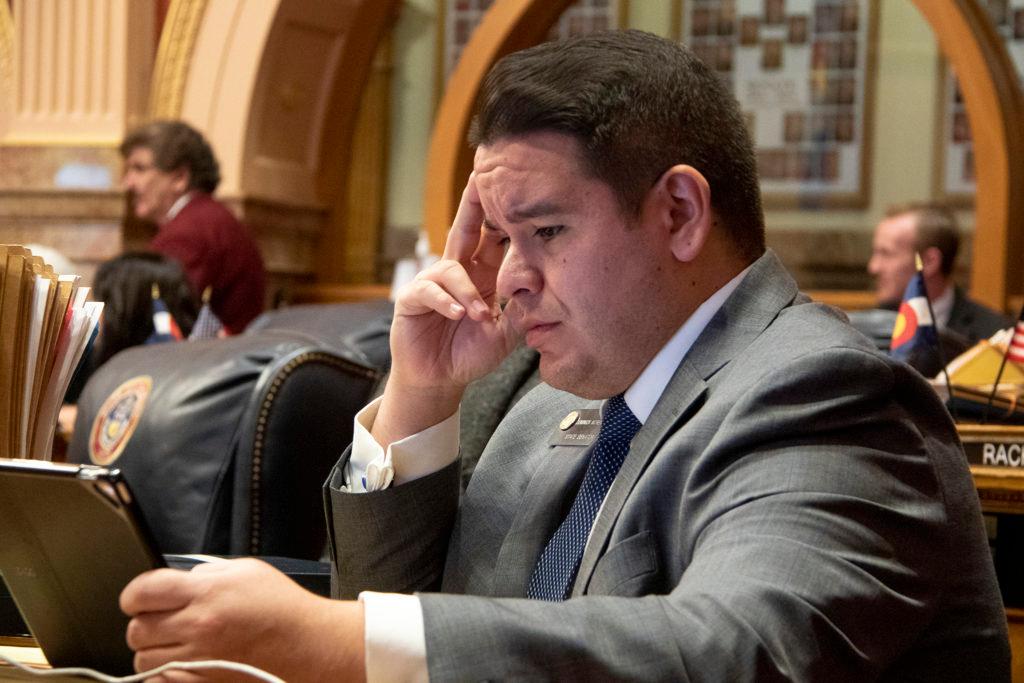
Colorado lawmakers came closer Saturday to a deal that would undo certain tax cuts for corporations and high income earners, with the idea those funds, about $180 million over several years, would be spent on schools and to provide tax credits to lower income earners.
“I would say this actually is making our tax code more progressive." Though he added, "There will still need to be a larger conversation about our tax code,” said Sen. Dominick Moreno, a sponsor.
The bill would "decouple" the state from certain federal tax breaks for businesses that were offered by the CARES Act, passed during the coronavirus pandemic. That means the breaks won't be available under the state tax code. The bill would not affect federal taxes. But it does limit the qualified business income deduction for "pass-through" business owners earning more than $500,000 on their personal taxes, or $1 million for joint filers. That deduction was created in the 2017 federal tax cuts.
The money the state collects by not giving the tax breaks would go toward school finances and an expansion of the earned income tax credit, which is available to low- and moderate-income earners.
“This is the beginning of a really important conversation. We didn’t get everything we wanted, but I think what we achieved here is money for schools, and the EITC makes our tax code fairer,” said Scott Wasserman, president of the Bell Policy Center, which advocates for a progressive tax system that has wealthier people pay higher rates.
To clear the way, the bill’s authors made concessions. They agreed to keep tax breaks for insurance companies and for business energy use. Those changes would leave hundreds of millions of dollars in business coffers over the next few years.
If it passes, the bill raises $180 million through fiscal year 2022-23, according to Sen. Chris Hansen. An earlier version could have raised more than $1 billion over several years.
Gov. Jared Polis had signaled his opposition to an earlier version of the bill. A spokesman did not immediately say on Saturday whether he would sign the new version, but Wasserman said the governor was on board. It still has to go back to the House before it would be sent to the governor.
Business groups have lobbied against the bill, with the Denver Metro Chamber of Commerce saying an earlier version took “money away from employers, particularly our small businesses, at a time when they are already struggling to keep their doors open and their employees on payroll, and it eliminates much-needed tax relief for Colorado employers of every size, including sole proprietors.”
A chamber representative wasn’t immediately available for comment Saturday night.








